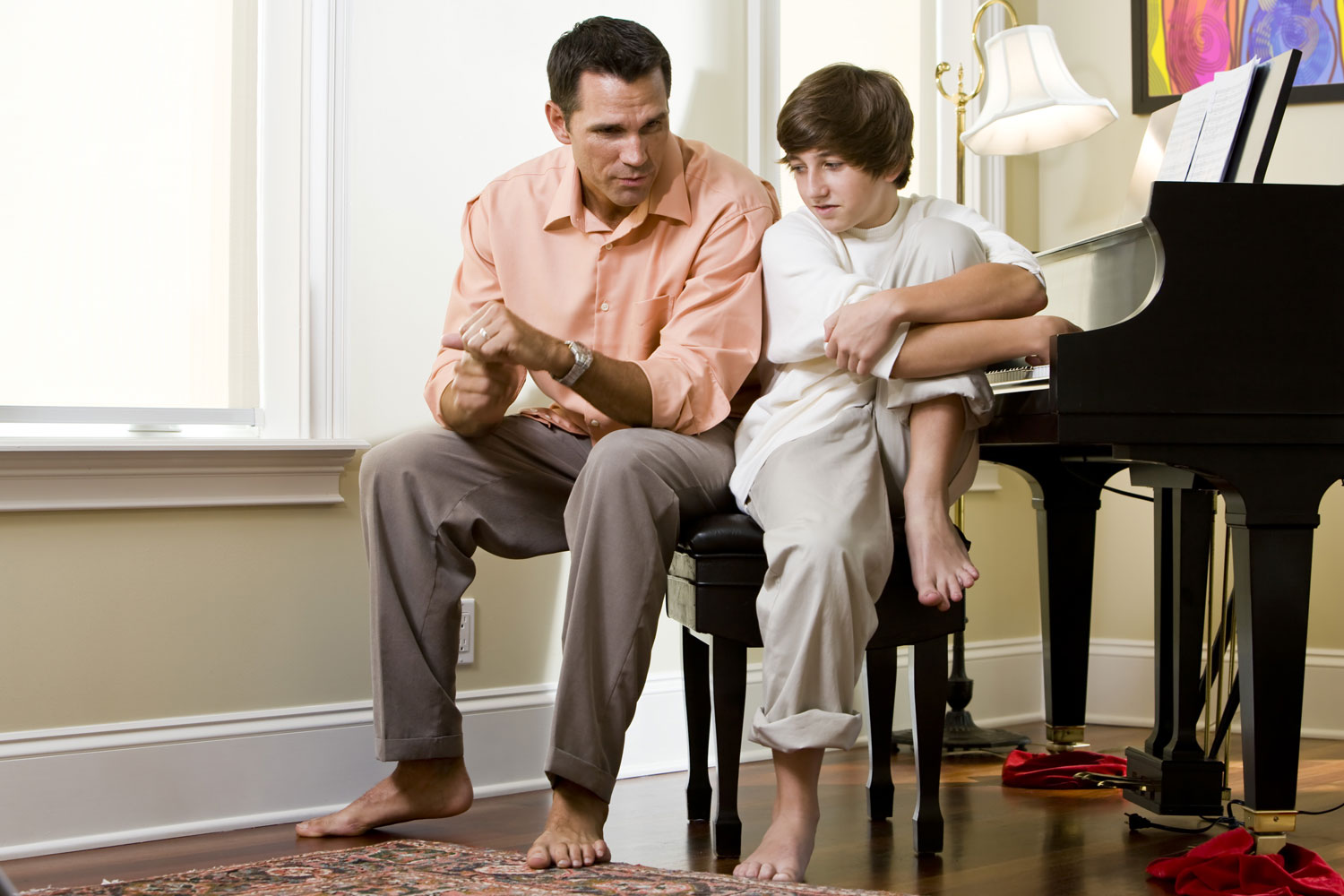Listen to the Podcast
Watch the Video
Five Tips for Talking to Teens about Violence
In the wake of violent events its common for teens, even those who wouldn’t normally approach adults, to ask questions and express concerns. For many adults this is a stressful experience because they don’t want to say the wrong thing, they don’t know what to say, and want to make sure they say what teens need to hear. Here are a few principles to keep in mind when addressing teens’ concerns, questions and fears about violence and tragedy:
1. Remember: Teens ask questions seeking Connection, not Answers
This sounds counter intuitive because it is. It is logical to answer questions when people ask us. But teens rarely ask questions seeking an answer. They’re children of the information age. They’ve got more answers and data than they know what to do with. They come to you for relationship, for connection and for a context to frame the data they already have.
2. Understand your own feelings about the event or events
As human beings we are hardwired for meaning. We have a need to make “sense” out of life and our experience of life. When events happen, such as senseless acts of violence, we struggle because meaning, sense, order is not obvious to us. This is precisely what’s going on with teens and they need to be around each other and caring adults who can help them hold the tension, the anxiety and worry they experience as they try to make sense of violence and tragedy.
As adults we help teens most effectively when we have spent time in reflection becoming aware of and understanding our own reactions and feelings about those events. When you anticipate teens approaching you with these questions, that is when you actually begin “answering” their question–before they ask it. Ask yourself “How do I feel about this? What thoughts do I have about this? What does this mean for me? What does this mean for the world I live in? What can I do about this?
Most often it involves us coming to terms with our own sense of powerlessness and vulnerability. Violence and tragedy are painful reminders that we are not in complete control of our lives. This is destabalizing and leaves us feeling vulnerable. When we feel vulnerable we’ll seek to protect ourselves in tried and true ways. For me over the years that has been withdrawing and turning to food, work and my other addictive patterns. For many others, it leads them to fight as a way of protecting themselves, which perpetuates the cycle of hate. Violence begets more violence. As we come to understand these powerful patterns within ourself, we develop a deeper insight into the events our teens are trying to understand. When we begin here, with our own reflection, we meet teens in a place of empathy with a greater ability to help them.
3. Let teens answer their own question first
Instead of answering their questions, ask them to answer their own question. You can do this by saying “I’ll share with you my thoughts, but first I’m curious….what do you think about the whole thing?” What does this mean for you? What’s it like for you to know that something like this could happen this close to you? What’s it like feeling or knowing that this type of violence is really possible in the world you’re growing up in?
Then spend time really listening to their responses and reflecting back to them what you are hearing. This is especially powerful in group settings when you can summarize what you’re hearing from the group. It allows teens, who feel vulnerable and isolated, an opportunity to feel less alone. The thought is “I’m still scared, but I’m not alone and scared…and that’s better.”
4. Listen
This is the most important step. When teens risk sharing with us, we must listen well. This not only helps heal their worries in the short term, but it strengthens our connection with them. It also paves the way for them sharing more with us in future conversations because they will remember how well we listened to them.
5. Help them imagine a meaningful response to the tragedy
We need to have some sense of control over the events in our life. If we don’t we’ll literally go crazy. Ask the teens “What’s one thing you can do today, this week that would bring peace to the world?” What’s one thing you can do less of, more of, stop doing, start doing, do better that would make the world a less violent contentious place? What’s one way you can be more inclusive, more accepting, less judgmental today?
Help them to identify at least one specific action or behavior that they can really see themselves following through on and completing. This, often more than anything else, helps teens make sense of senseless events. It also helps bring more peace to our world.






